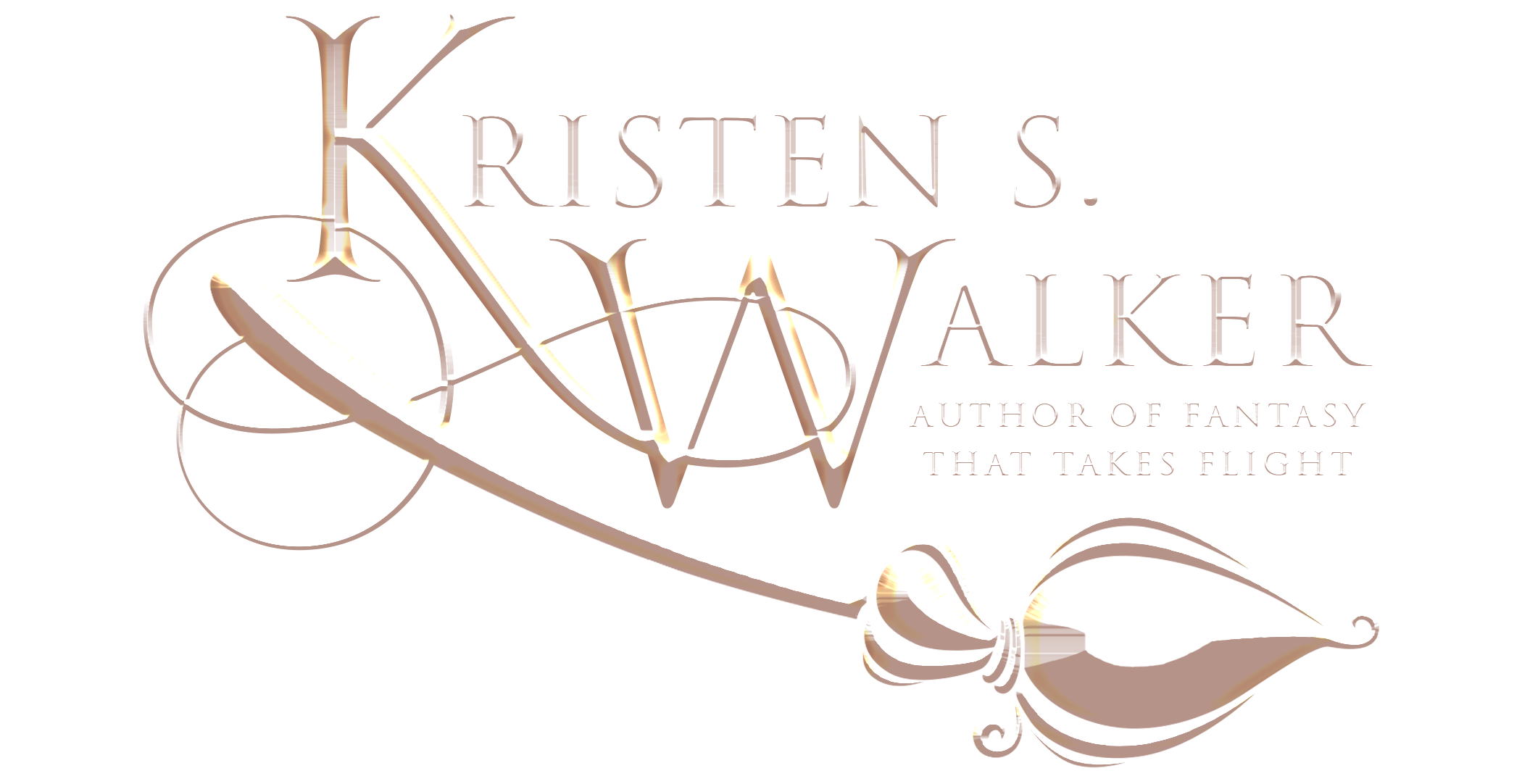A friend and I have been slowly exchanging stories and ideas over the past two weeks, and today I finally took the plunge and actually began to talk about how I really feel about writing and what I’ve learned through experience. Now I’m worried that the same thing I usually run into will happen with my friend: she’ll read my e-mail, get upset at me for meddling in her creative business and/or decide that I just over-analyze things too much, and then she’ll never want to talk to me about writing again. I tried to be careful about what I chose to discuss and how, but it seems like this has happened too many times before to really change.
I have been a writer for a long time. My mother saved my first “stories” from when I was seven or eight, and I still have my first notebook from when I was eight or nine (an idea inspired by Harriet the Spy–the book, not the movie–that I have never abandoned; I am much better at keeping up with notebooks of story ideas and plans than I am with actual journals which catalogue my day), but according to my original diary (dictated to my mother), I was making up stories long before I learned how to form letters myself. It is one of the few things that I have kept constant despite a whirlwind of change in the rest of my life, but my writing itself has grown immensely over the years, because I constantly push for improvement. I am never satisfied with simply writing.
I have read probably dozens of books on writing, from essays by published authors like Stephen King and Ursula K. Le Guin; to commercial guides on writing and editing, intending to help budding authors get published; to school materials on term papers, creative writing, and grammar; to experimental works intended to elucidate on the theory of “the art and craft of writing”, and the philosophical theories of mimesis, the sign, author vs. narrator, etc. I have talked to writers, writing teachers, literature professors and scholars, serious readers, casual readers, even ex-writers about their experiences, ideas, and theories about what writing is and what fiction should be. I have tried to join and even start many groups of writers and writing discussions online and in person in order to reach a wider range of people.
In short, people tell me that I am a very intense, dedicated person, who cannot let things go and tries to perfect everything that I do and know. I have been told that I am obsessive over things like pirates or shark conservation or hair brushes for cats. But there is nothing that I am more obsessed over or devoted to than writing.
I have tried to polish my writing and shape it into something that might be called art, but I do not think that I quite fit into the mainstream idea of writing for publication or for a certain type of readership. At the same time, I do not write purely for expression, nor do I write for art in the obscure way that is meant by the academic crowd. I have never found a single person or group with whom my ideas about writing coincide on anything more than an artificial level. I can find certain sections and parts of my ideas to fit with certain people, but once I begin to truly talk about writing, people always begin to disagree with me or to tell me that I’m weird.
Why do I keep trying to talk to people, then? Well, I don’t always try. I have let many opportunities go by me, or not quite opened up to a lot of people simply because I thought that they wouldn’t listen. I often get frustrated and keep all of my writing and my thoughts about writing to myself, because I’m so tired of being misunderstood or that other people simply don’t care. But when I do try, it is because I really do need to talk to other people about writing, especially writers. It is a very large part of myself and it is one of the few things that I can’t find at least one person I can really share it with. Even with my bizarre religious ideas, which I often feel should be private, I can often find someone to talk to at least a little bit, about certain things.
At the same time, my friendship with this person is still so new, I’ve barely even begun to share all of myself with her. We still have so much to talk about and learn about each other. I want to be open and honest with her, and so far, it has worked even better than I had hoped. But at the same time, I was trying not to let writing come up so soon, because I was afraid of what would happen. I just get the feeling that is a much more inexperienced and casual writer than I am and most of what I say won’t even make sense to her. In some sense, I might be able to help her get better, but I’m afraid that she won’t even want to listen to my advice because I don’t know how to give appropriate advice.
The email that I wrote her only began to scratch one issue of writing that I have experienced and to reveal only a few of my ideas, but she already tells me that I say so much about everything else, I’m afraid that in my nervousness I may have gone too far already, especially since I did couch much of it as “advice on things that I’ve learned the hard way and will now try to explain to you”. Advice that most writers don’t want to hear when they only write for themselves, something that I wouldn’t have even told to another writing friend. I feel rather stupid, actually. But maybe it’s better to get it out of the way now, so we can just laugh about it and move on, rather than getting more involved in discussion and have it come out later and cause a fight.
So much about this friendship just makes me feel like a stupid kid all over again, not knowing how to make friends or to talk to people. It’s mostly just nerves, I guess, because I care too much about doing things right, but I’m afraid that this might be one of those times that I actually screw up, bigger than before.
One of these days I will turn into the woman who locks up all of her writing in a suitcase so that no one can judge it . . . and so that it can’t pass judgment on anyone else.


